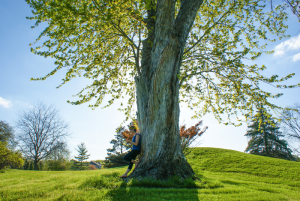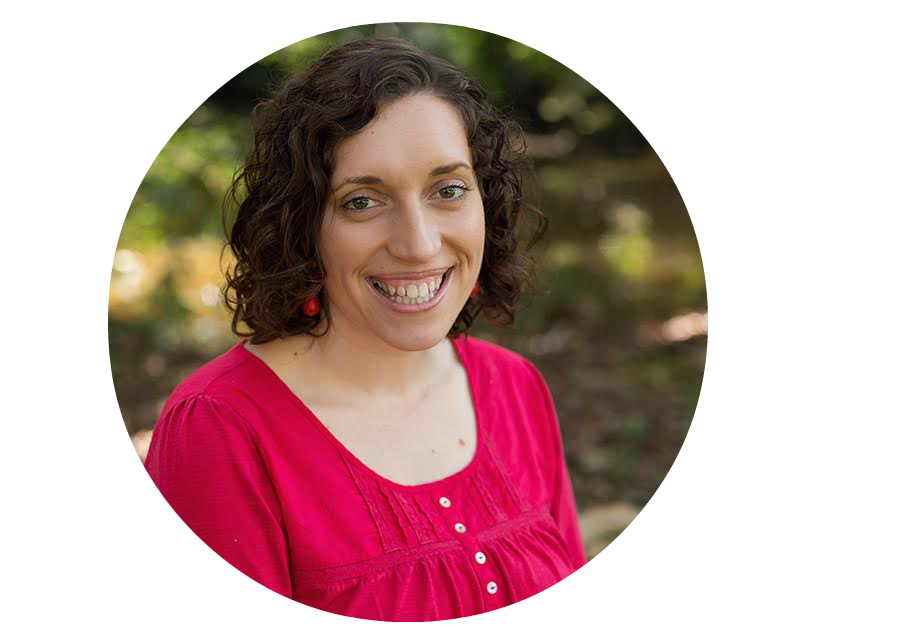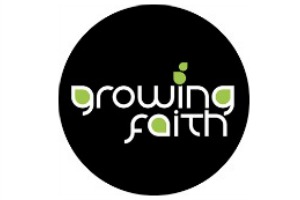Have you looked in the mirror today and told yourself you are beautiful? Have you jumped on the scales and congratulated yourself? Have you delighted in a mouthful of moist chocolate cake, savouring each mouthful without the aftermath of guilt? Frankly speaking, how is your relationship with your body—the physical body God has given you?
Almost 10 years ago I became a mother. My body had stretched in places I didn’t know it could and like most women, I looked at my new body in the aftermath and wasn’t overly fussed about what I saw. One day, standing in front of the mirror after seeking my husband’s feedback on numerous outfit combinations, I felt the gentle conviction of the Holy Spirit to my heart. If I continued to make my appearance an idol, my newborn daughter and the children that followed would see my belief that worth is found in outward appearance. From this moment, I actively tried to reduce my mirror time and work towards dimming the volume of my insecurities—at least outwardly. As Jonathan Edwards once prayed, I asked that God would “stamp eternity on my eyeballs,” helping me remember my outfit choices and the size of those clothes would be forgotten in a breath.
I assumed my insecurities would simply diminish with time and I would grow to see myself as God sees me. However … this issue is systemic: it is something humanity battles with and it needs to change.
As the years have passed, I assumed my insecurities would simply diminish with time and I would grow to see myself as God sees me. However, as I have seen wonderfully godly women who have walked in front of me continue to battle with their insecurities, and then see the way my two daughters and their friends also battle with the appearance monster, I’ve questioned whether I have simply been taking a bandaid approach to something more sinister; something more deeply rooted in the fallen world and the broken heart. This issue is systemic: it is something humanity battles with and it needs to change.
Embrace (2016) Your Body
In the latest Netflix documentary release “Embrace (2016),” fellow Aussie and activist-director Taryn Brumfitt uncovers ‘body loathing’ within women the world over. After a discussion with friends prompted photographer Brumfitt to post a ‘before’ picture with a model-like body to an ‘after’ picture of a ‘normal’ body on Facebook, Brumfitt was inundated with instant fame resulting from the outpouring of women sharing their deep revulsion at their own bodies. This then rocketed Brumfitt on a 9-week journey around the globe, trying to find out what made women love or loathe their bodies. Brumfitt’s conclusion is that “The purpose of your life is not to be an ornament to be looked at, but to do and feel and contribute …” She explains that the body is a vehicle and as she declares, “Darling girl, don’t waste a single day of your life being at war with your body … just EMBRACE it.” (Brumfitt on Embrace, 2016). This is the cultural narrative—if you work hard enough on your self-talk, you will come to love your body. Is this the antidote to our self-loathing?
A Biblical Perspective
1. We are drawn to beauty
There is beauty all around us and we have been designed to seek beauty.
Throughout the Bible, God reveals himself to us through the beauty of creation (Romans 1:19-20). In Psalm 8, we read that God has set his glory through creation. In Genesis 1, we see that God considered the work of his hands and it was good—very good. There is beauty all around us and we have been designed to seek beauty.
I live on the Northern Rivers of New South Wales—one of what I consider the most beautiful places on earth (a new television show ironically called Eden was even recently filmed here!) Every day as I drive to work, I see God’s beauty on display—the rolling green hills, the low hanging fog that clings to the green trees dancing in the early morning sun. God has indeed created a beautiful world and we love pausing to notice the beauty. Why? Because this is how we have been designed. Loving beauty isn’t a sin, it is how we have been created.
2. Beauty was given to glorify God
Beauty however wasn’t given for beauty’s sake. Instead, God designed beauty to point us to him. In Psalm 19, we read that “the heavens declare the glory of God”. Plants and animals do not look and appreciate beauty—it is something distinctly human to point us to God.
In Psalm 27:4, we read of David longing to gaze upon the beauty of the Lord. David recognised that God is the author and the ultimate expression of beauty. We can enjoy appreciating beauty when it turns our hearts and eyes to God.
John Piper uses a fabulous analogy of a telescope. He explains that a telescope points to the stars. People don’t gather around the telescope marvelling at the telescope and stop there. Instead, the telescope becomes a conduit, allowing people to marvel at the stars. Beauty was given to draw people to glorify God.
There is nothing more beautiful, though, than Jesus and the sweet gospel of salvation. Here we see ultimate beauty and long for more of God.
3. Sin corrupts
At the Fall, sin corrupted beauty. Instead of seeing beauty as a way of glorifying God, we become obsessed with our own beauty. We began to use our outward appearance as a way of pridefully drawing people to us. Throughout the book of Proverbs, we are warned against women who use their appearance as a way to lustfully draw people to them. In Proverbs 7, the adulterous woman is extremely aware of her sexuality and beauty and uses this in a twisted, sinful way to lure men to conduct abominable acts. She uses the words she speaks, the beauty of fine bed linen, the beauty of perfume, the beauty of food, all as weapons in her arsenal to seduce. Yet it is like smoke and mirrors, for the writer warns that the man who follows is “like an ox going to the slaughter” (Proverbs 7:22) and this path leads to death.
If we find our worth in beauty, we will always feel ugly.
Similarly, and perhaps more subtly, sin has also corrupted our desires, such that we use beauty and external appearance as a way of measuring our worth. In Sophie De Witt’s book, “Compared to Her” (2015) she writes, “Have you ever felt envious of someone else’s looks, or despaired of your own? … A large part of the advertising industry is deliberately aiming to make us suffer from looking-up comparison, so that we will buy their product, the one which (really will) give us the look they tell us we need to have if we’re to feel significant, enjoy satisfaction, know security.” (p.20). But it’s a lie—if we find our worth in beauty, we will always feel ugly.
4. Embracing God
Therefore, the root of the problem isn’t that we are obsessed with beauty. The root of the problem is why we are obsessed with beauty. We were created to find ultimate beauty in God and to see created beauty as a reminder to look to him. Yet through the corruption of this world, that ghastly snake is whispering in our hearts that our appearance is where our contentment and soul satisfaction is to be found; and that is why we are constantly left wanting. Whether we are a size 6 or a size 26, we are prone to insecurities about our weight. Whether we have flawless skin, or pimples signifying our chocolate Easter indulgences, we are prone to insecurities about our appearance. In this sin-laden world, we will never attain perfect beauty. What’s more, if beauty is our god, we will never be able to enjoy the beauty God has given us.
Growing up in the church, I heard so much about being made in the image of God. I had been told not to look at the outward appearance because God looks at the heart (1 Samuel 16:7). I had learnt to care more about who I was than what I looked like, for ‘charm is deceptive and beauty is fleeting, but a woman who fears the Lord is to be praised.” (Proverbs 31:30) I was blessed to be taught that our inner beauty is the only thing that will outlast this world.
Yet I am growing to see that, as I give myself permission to see myself as the Creator sees me, I will learn to look at myself and see both internal and external beauty that is God-given and Spirit-grown. The beauty of a body that grows and changes; the beauty of a mind that can ponder God’s word; the beauty of hands that can serve; the beauty of wrinkles that tell of the times I have laughed; the beauty of eyes that can appreciate the beauty all around me; the beauty of a heart that is loved by a redeeming Creator that can love others around us; the beauty of a little extra tummy that tells of the three children that have been given life there and that attests to the food I am blessed to enjoy.
Let us stop seeing beauty as the end in and of itself, and instead appreciate beauty as a God-given gift; unique and partially realised. As I look in the mirror or step on the scales, I know that my heart, along with all of creation, is longing for beauty fully-realised. One day, our Saviour will return for his beautiful bride. As Zechariah 9:16-17a says, “The Lord their God will save his people on that day, as a shepherd saves his flock. They will sparkle in his land, like jewels in a crown. How attractive and beautiful they will be!” Hallelujah! What a glorious day that will be.
Looking for more resources?
True Beauty by Carolyn Mahaney and Nicole Whitacre
Compared to Her… How to Experience True Contentment by Sophie De Witt
The Envy of Eve by Melissa B. Kruger
This post was first published at The Gospel Coalition Australia.
Image: Caroline Veronez on Unsplash








